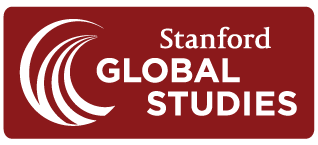CLAS Lecture Series: "Two Variants of Laicism”
“Laicism” is a political view according to which, all religious content should be excluded from the institutions of the State and from formal politics. Traditionally, this view has been identified with French republicanism and criticized from a liberal point of view. However, laicism also developed within a liberal framework in late nineteenth century Mexico. Faviola Rivera Castro presents both variants and examines whether laicism can be consistently liberal.
Faviola Rivera Castro holds a degree in Philosophy from Harvard University (Ph.D.) and is a tenured Professor at the Institute of Philosophical Research of the Universidad Nacional Autónoma de México. Her current research focuses on the relation between liberalism and laicism in Mexico. In some of her publications, she has explored how liberalism led to laicism as a solution to the political and ideological conflict with a dominant and powerful Church and religion. She is now working on a book on the idea of “liberal laicism” as an alternative in Mexico today. She has also published books and articles on various topics on ethics and political philosophy. She was a Humanities and International Studies Fellow (2007-2008) at the Stanford Humanities Center and Freeman Spogli Institute for International Studies (Stanford University) and a visiting Professor at Universidad de Costa Rica and Universidad Mayor de San Andrés (Bolivia). She is chief editor of Dianoia, a Philosophy journal in Spanish, and served as director of the Graduate Program in Philosophy at UNAM.
| Attachment | Size |
|---|---|
| Rivera Castro.pdf | 1.62 MB |


